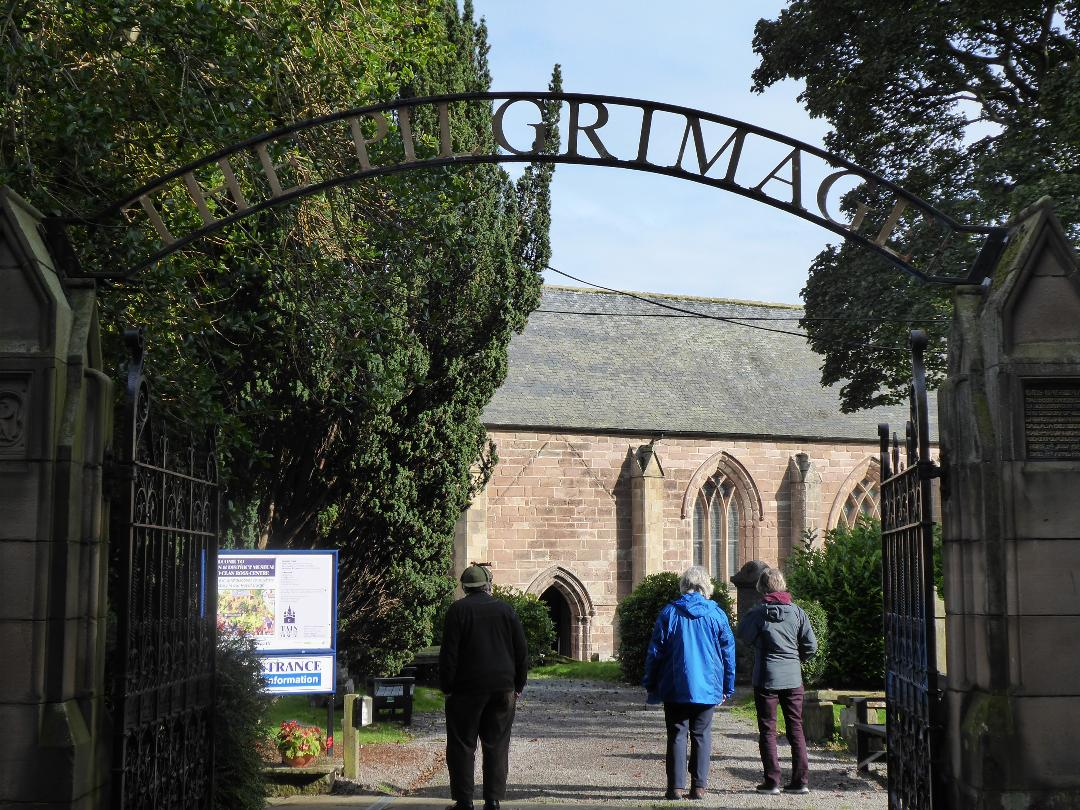
Pilgrimage
What reasons did our ancestors have for creating and walking these routes? The answer varies from person to person and from century to century. It also depends on one's definition of 'pilgrimage'. Perhaps the oldest and most common motive was to seek a cure at a spot made holy by it's association with a saint. Other common reasons were to expiate a crime, fulfill a vow or to receive remission of sins. Venerating the early saints provided a comforting transition from the various pagan gods to the one Christian god. In the 11th century, the Benedictine monks of Cluny, near Paris, promoted pilgrimages as a way of drawing uneducated lay people closer to God and this became popular throughout Europe. Another influence was the recurrent waves of deadly diseases, especially the Black Death of 1350 when up to 1/3 of the Scottish population died. Relatives of the dead would go on pilgrimage to give thanks for their own survival or that of a loved one or to do penance on behalf of a dead relative.
Pilgrims brought many social benefits to Europe as they travelled backwards and forwards. They encouraged trade, diplomacy and the movement of ideas. Indeed, it could be argued that they began the concept of a common Europe. Saints and their relics could also be used for political ends. Being the site of an important saint's relics gave both social and economic benefits to an area. The idea of a national saint could be used to literally 'rally the troops' and strengthen a sense of national identity. The last example of this in Scotland was the first printed book – the Aberdeen Martyrology and Breviary, produced by Bishop Elphinstone of Aberdeen. This enabled Scotland to present itself to the pope as a modern, sovereign state. It also revived interest in the local saints and in pilgrimages. However it's influence was short lived as, after the Reformation, the practice of pilgrimage was discouraged because it normally involved venerating saints (and only God knew who was or was not a saint) or visiting sites of importance to the Roman Catholic Church, such as Rome.
In our time, pilgrimage is being revived in many denominations. Indeed, it is a feature of most main religions and seems to answer a deep-seated need within us to re-connect with the creator of our world and to work out our own place in this creation.